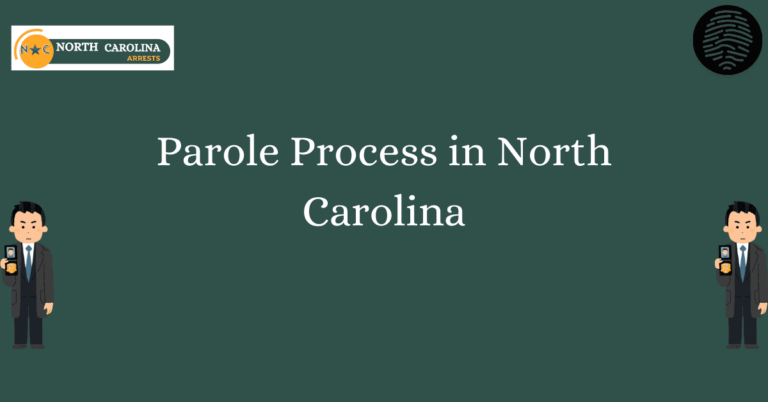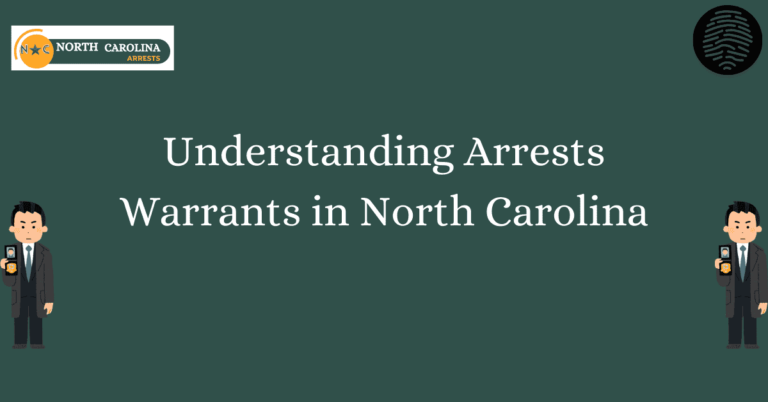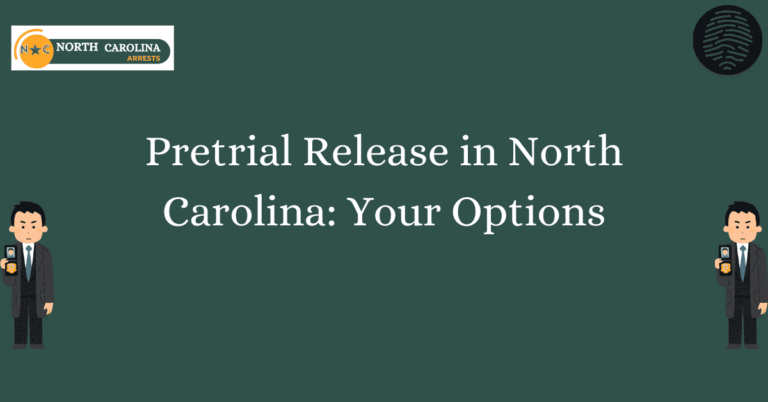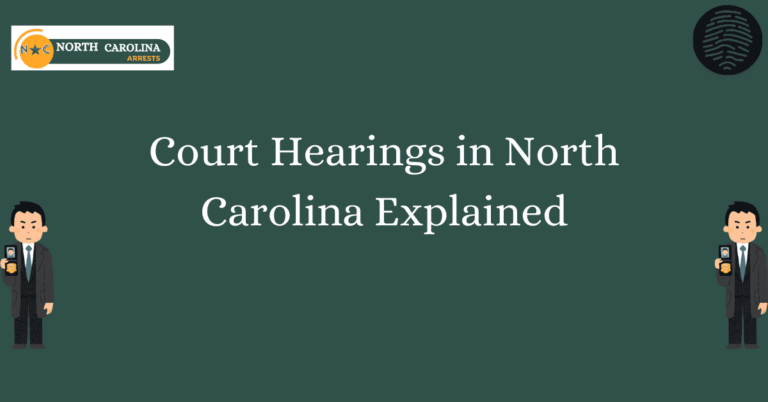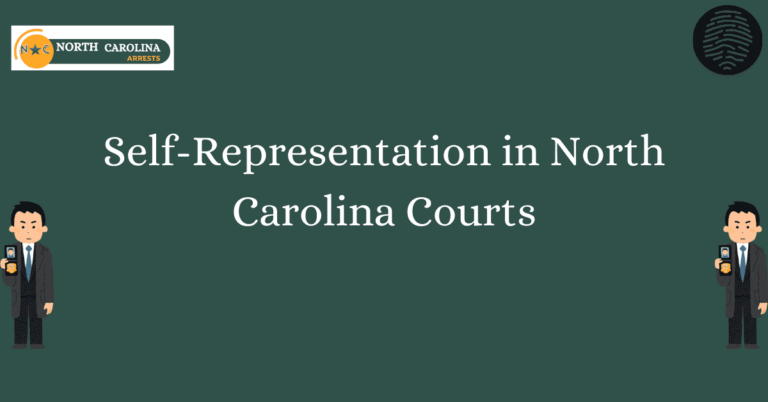Plea Bargaining in North Carolina Explained
Plea bargaining in North Carolina is a legal process that allows defendants to negotiate with prosecutors to potentially reduce their charges or sentences. This common practice can lead to more efficient resolutions in the criminal justice system by avoiding lengthy trials and saving both time and resources.
By engaging in plea bargaining, individuals accused of crimes in North Carolina can have the opportunity to reach agreements that benefit all parties involved. This process involves careful consideration of the evidence, potential outcomes, and the best course of action to achieve a fair and just resolution.
Benefits of Plea Bargaining in North Carolina
When it comes to legal proceedings in North Carolina, plea bargaining offers a range of benefits. One of the key advantages is the efficient resolutions it provides for both the defendant and the prosecution. By reaching a plea agreement, cases can be resolved quickly, saving valuable time and resources for all parties involved.
Efficient Resolutions
Plea bargaining allows for cases to be resolved without the need for a lengthy trial. This not only saves time but also reduces the burden on the court system, allowing for more cases to be processed efficiently. For defendants, this means a quicker resolution to their legal matters, avoiding prolonged uncertainty.
Resource and Time Savings
By avoiding a trial through plea bargaining, both the prosecution and defence can save valuable resources. This includes time spent preparing for a trial, as well as the costs associated with court proceedings. Additionally, plea bargaining can help alleviate overcrowded court dockets, ensuring that cases are resolved in a timely manner.
Process of Plea Bargaining
In North Carolina, the process of plea bargaining involves negotiations between the defendant and the prosecution to reach a mutually acceptable agreement. This process typically includes discussions on the charges, potential sentences, and any other terms of the plea deal.
Negotiations with Prosecutors
During plea bargaining, defendants have the opportunity to negotiate with prosecutors to reach a plea agreement that is beneficial for both parties. This can involve discussions on reducing charges, recommending a lighter sentence, or agreeing to specific conditions in exchange for a guilty plea.
Consideration of Evidence
As part of the plea bargaining process, both the defence and prosecution will consider the evidence in the case to determine the strength of their respective positions. This includes reviewing witness statements, physical evidence, and any other relevant information that may impact the outcome of the case.
Importance of Fair Resolutions
Fair resolutions are essential in the plea bargaining process to ensure that just outcomes are achieved for all parties involved. By reaching equitable agreements, the legal system can uphold principles of fairness and justice.
Achieving Just Outcomes
Through plea bargaining, defendants have the opportunity to accept responsibility for their actions while also receiving a fair and reasonable outcome. This can involve receiving a reduced sentence or having charges dropped in exchange for cooperation with the prosecution.
Ensuring Equitable Agreements
By considering the interests of both the prosecution and defence, plea bargaining can lead to agreements that are fair and equitable. This can help prevent unnecessary trials, reduce the burden on the court system, and ensure that justice is served in a timely manner.
Frequently Asked Questions
Our Frequently Asked Questions section aims to provide detailed information and answers to common queries about Plea Bargaining in North Carolina. Read on to enhance your understanding of this legal process.
What is plea bargaining?
Plea bargaining is a negotiation between the defendant and the prosecution to reach a mutually satisfactory agreement. It involves the defendant agreeing to plead guilty to a lesser charge in exchange for a lighter sentence.
How does plea bargaining work in North Carolina?
In North Carolina, plea bargaining is a common practice where the defendant and the prosecution discuss potential plea agreements. These agreements can involve reducing charges, recommending a specific sentence, or dismissing certain charges in exchange for a guilty plea.
What are the benefits of plea bargaining?
One of the main benefits of plea bargaining is that it can lead to a quicker resolution of the case, saving time and resources for both the defendant and the court. It can also result in a lighter sentence for the defendant compared to the potential penalties of going to trial.
Are plea bargains always successful?
While plea bargains are common and often successful, there are instances where negotiations fail and the case proceeds to trial. Factors such as the strength of the evidence, the seriousness of the charges, and the defendant’s criminal history can impact the success of plea bargaining.
Can a defendant change their mind after agreeing to a plea bargain?
Once a defendant agrees to a plea bargain and the court accepts it, changing their mind can be challenging. In some cases, a judge may allow a defendant to withdraw their guilty plea, but this decision is at the court’s discretion and based on valid reasons.
How can a defence attorney help with plea bargaining?
A defence attorney plays a crucial role in plea bargaining by negotiating on behalf of the defendant, reviewing the terms of the agreement, and ensuring that the defendant’s rights are protected throughout the process. An experienced attorney can provide valuable guidance and support in navigating the complexities of plea bargaining.


